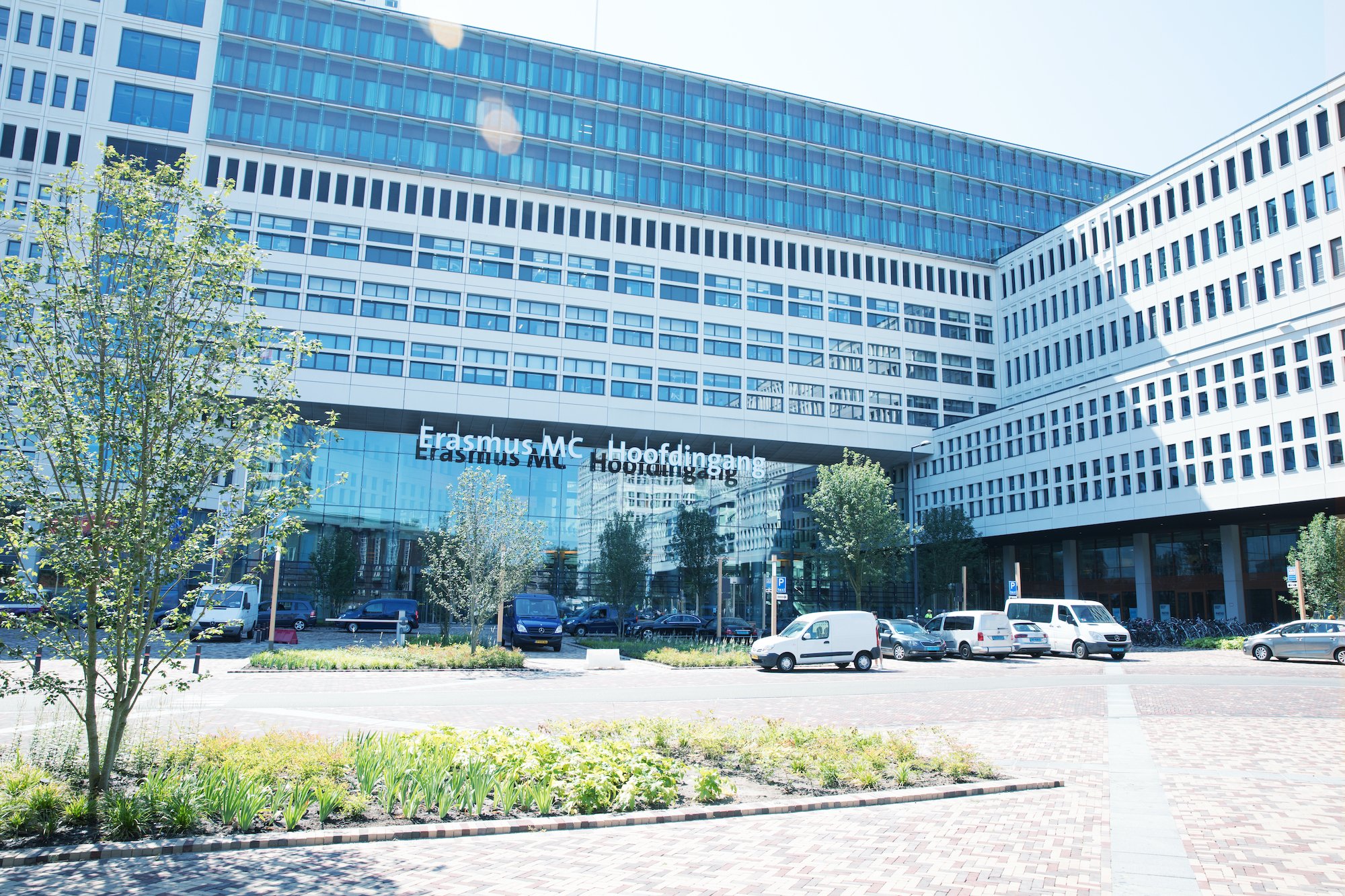PhD student for a project on the role of environmental factors on cardio-metabolic health across the lifespan
PhD student for a project on the role of environmental factors on cardio-metabolic health across the lifespan
You cannot apply for this job anymore (deadline was 1 Sep 2020).
Browse the current job offers or choose an item in the top navigation above.
Job description
Exposure to environmental factors, such as air pollution, noise and the built environment, are associated with cardiometabolic health outcomes, including obesity, type 2 diabetes and atherosclerosis. The cardiometabolic health trajectories leading to these outcomes may start in early life, in the fetal, childhood and adolescent periods. The aim of this project is to examine the role played by early-life exposure to environmental factors in cardiometabolic health trajectories in childhood and adolescence and to identify underlying biological mechanisms (e.g. DNA methylation and metabolomics).
The project is part of a large European-Horizon 2020 funded consortium, LongITools, involving multiple national and international institutions and the analysis of data from human cohorts spanning pregnancy to old age. The LongITools project will investigate how longitudinal trajectories of exposure to environmental factors contribute to cardiometabolic health across the life course and identify underlying biological mechanisms.
You will be embedded within the Generation R Study, a unique Rotterdam-based birth cohort that started in 2002 and has been following the lives of nearly 10,000 children across development. You will use environmental, biological and health data from the Generation R Study for this research project. Data collection in the Generation R Study includes longitudinal data from pregnancy up to 13 years of age, collected based on questionnaires, extensive in-person measurements at the Generation R research center and advanced molecular and imaging data.
You will participate in the Generation R data collection, analyse data and write peer-reviewed international publications that will result in a PhD thesis. During your PhD, you will take an MSc course in (Genetic) Epidemiology at the Netherlands Institute for Health Sciences. You will be supervised by Dr. Janine Felix, principal investigator for epigenetic epidemiology in Generation R, and Prof.dr. Vincent Jaddoe, head Generation R Core Facility.
The project is part of a large European-Horizon 2020 funded consortium, LongITools, involving multiple national and international institutions and the analysis of data from human cohorts spanning pregnancy to old age. The LongITools project will investigate how longitudinal trajectories of exposure to environmental factors contribute to cardiometabolic health across the life course and identify underlying biological mechanisms.
You will be embedded within the Generation R Study, a unique Rotterdam-based birth cohort that started in 2002 and has been following the lives of nearly 10,000 children across development. You will use environmental, biological and health data from the Generation R Study for this research project. Data collection in the Generation R Study includes longitudinal data from pregnancy up to 13 years of age, collected based on questionnaires, extensive in-person measurements at the Generation R research center and advanced molecular and imaging data.
You will participate in the Generation R data collection, analyse data and write peer-reviewed international publications that will result in a PhD thesis. During your PhD, you will take an MSc course in (Genetic) Epidemiology at the Netherlands Institute for Health Sciences. You will be supervised by Dr. Janine Felix, principal investigator for epigenetic epidemiology in Generation R, and Prof.dr. Vincent Jaddoe, head Generation R Core Facility.
Specifications
- max. 36 hours per week
- €2826—€4481 per month
- Rotterdam View on Google Maps
Requirements
- MSc degree in Medicine, Biomedical Sciences or a related discipline.
- Affinity with scientific questions around the impact of early-life factor on cardiometabolic health, as well as biological mechanisms.
- Working well in a team and independently.
- Relevant research experience and programming
- Knowledge in R would be advantageous.
- Excellent writing and presenting skills.
- Proficiency in both Dutch and English is preferable.
Conditions of employment
A 1-year contract will be offered at first, a 2.5-year extension will be offered on proven ability. The gross monthly salary amounts a maximum of € 4.615,- (scale 10), depending on your level of education and relevant experience and based on a full-time working week of 36 hours. The terms of employment are in accordance with the Collective Bargaining Agreement for University Medical Centers (CAO UMC).
Employer
Erasmus MC
Generation R and Generation R Next are population-based cohort studies, designed to identify early environmental and genetic causes and causal pathways leading to normal and abnormal growth and development from the preconception and fetal phase into young adulthood.Specifications
- PhD
- Health
- max. 36 hours per week
- €2826—€4481 per month
- University graduate
- 30.08.20.TS-P642076-1
:fill(white)/logos/emc-en-wide.png)
